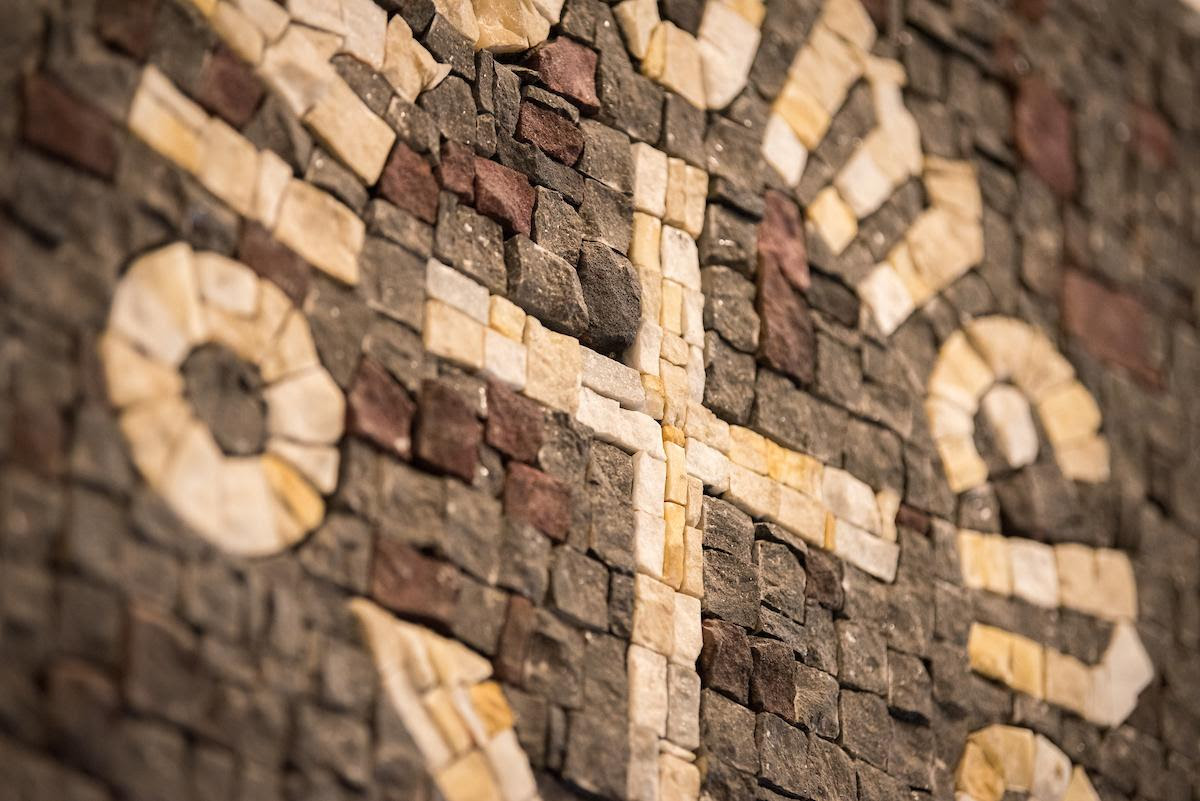By Susan Kim* In a letter congratulating Ortega on her honor, WCC deputy general secretary Prof. Dr Isabel Apawo Phiri said that Ortega has been an inspiration to so many across the world. “Ofelia, you have done your country proud, you have kept the faith and stayed on course,” Phiri wrote. “You have been a trailblazer for the ordination of women in the Presbyterian Church in Cuba, an ardent feminist theologian who introduced ecofeminism at the seminary and opened the way for others…” Below, Ortega reflects on the award, which came as a surprise, as well as on the publication of her doctoral thesis, “Cuban Feminist Theology: Visions and Praxis in English," by Lexington Press.
What does the bestowal of the Illustrious Daughter of the City of Matanzas mean to you?
Ortega: It was a big surprise on the celebration of the 328th birthday of the city! The event was held at the city’s beautiful Sauto Theater. The nomination impressed us all. I believe that the government of the city evaluated the work done for the city to help and benefit the population, the most vulnerable people and the social institutions. This is what we call the ministry of diaconal service of the churches and ecumenical institutions.
Can you reflect a bit on your work in Matanzas?
Ortega: I returned to the city of Matanzas in 1997, after finishing my work in the World Council of Churches as executive secretary of the Theological Education Program for Latin America and the Caribbean. When I arrived, I was appointed rector of the Theological Seminary of Matanzas. The first decision I made was to use the vision of the prophet Ezequiel 47:1-12 as the basis of the seminary’s life and work philosophy. In these verses, he states that the salutary waters must come out from sacred places to heal and produce life. So, for eight years as rector, we brought about the construction of a Cultural Community Center for the surrounding neighborhoods of the seminary. We emphasized the importance of taking care of creation by organizing a garden to produce vegetables for the people living at the seminary and the neighbors, and managed the reforestation of the grounds in our institution.
And you reached out beyond the seminary as well?
Ortega: Yes, we reached beyond the seminary to help churches in rural areas organize ecological training workshops and provide financial support to jumpstart diaconal projects that have benefited the churches and the society. The vision of prophet Ezequiel became true in our Theological Center in Matanzas. We were also able to include the Gender and Theology Studies Group in the curriculum of our institution, which was a great contribution to the social Cuban reality. When my task as rector ended, we organized the Christian Institute of Gender Studies in 2004 to continue stimulating the work of our women throughout the island.
Congratulations on the publication of your doctoral thesis, "Cuban Feminist Theology: Visions and Praxis.” What inspired you keep going on the long road to completion?
Ortega: To write and finish my book “Cuban Feminist Theology: Vision and Praxis,” I had the support of a network of women who had received their ministry doctorate, thanks to a project organized by Dr Letty M. Rusell. She inspired the movement initiated by the unforgettable Sarah Chakkko, a South India citizen and member of the Syrian Orthodox Church who, as a delegate to the WCC First Assembly in Amsterdam in 1948, insisted on the rights of women in the ecumenical movement. Dr Russell organized this project with the San Francisco Theological Seminary of San Anselmo, California, and the Bossey Ecumenical Institute. After having dedicated their lives to pastoral ministry, women like me—and I am now 85 years old—have received the blessing of obtaining a ministry doctorate and, with the support of this network, the possibility of publishing a book. Now we are trying to strengthen this network with the hundreds of women from different regions who have obtained their ministry doctorate thanks to this innovative project. The WCC congratulates Ortega on these accomplishments. We end with a verse quoted by Phiri in a congratulatory letter: “I thank my God every time I remember you, constantly praying with joy in every one of my prayers for all of you, because of your sharing in the gospel from the first day until now.”
Philippians 1:3-5
* Susan Kim is a freelance journalist based in the US. | 






